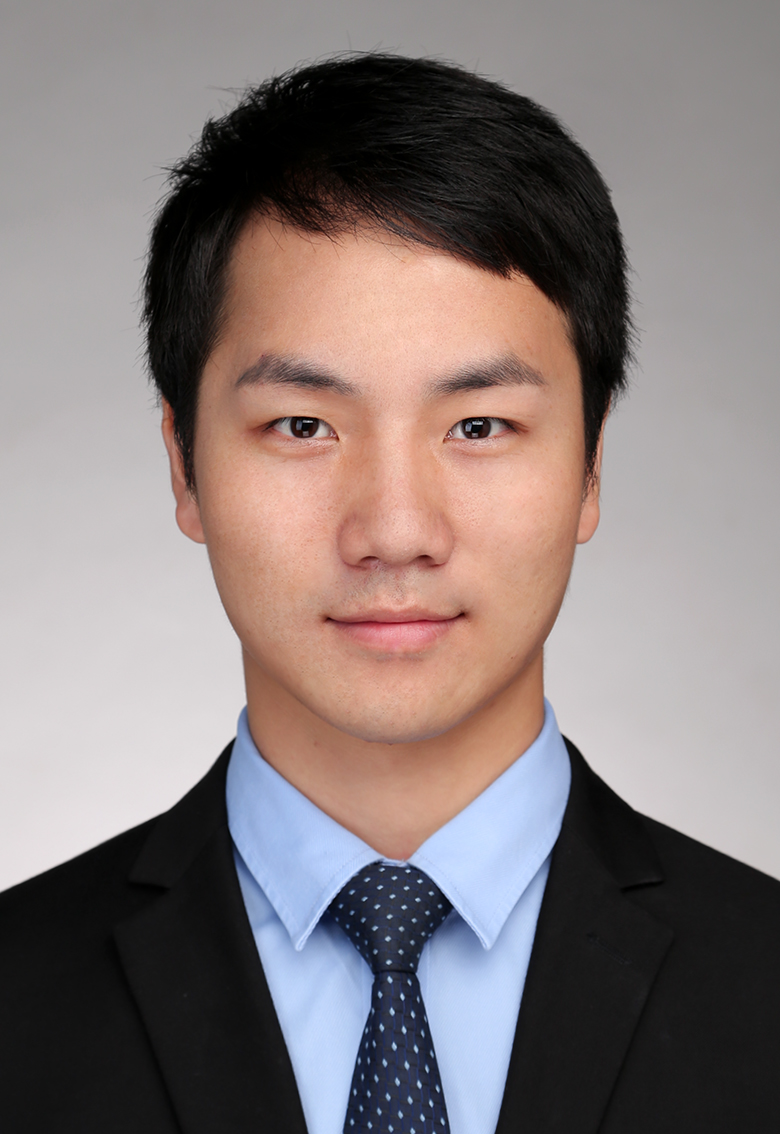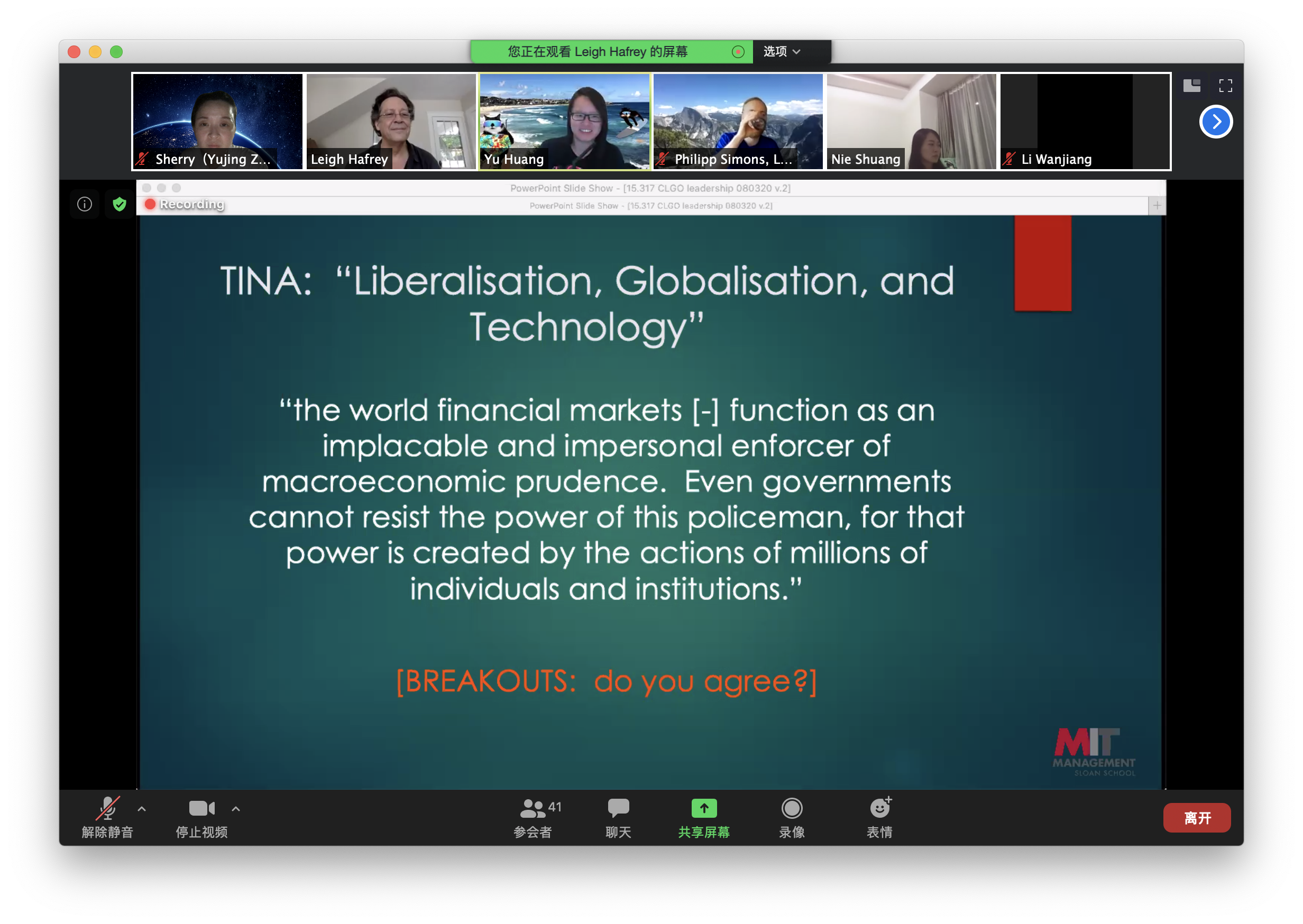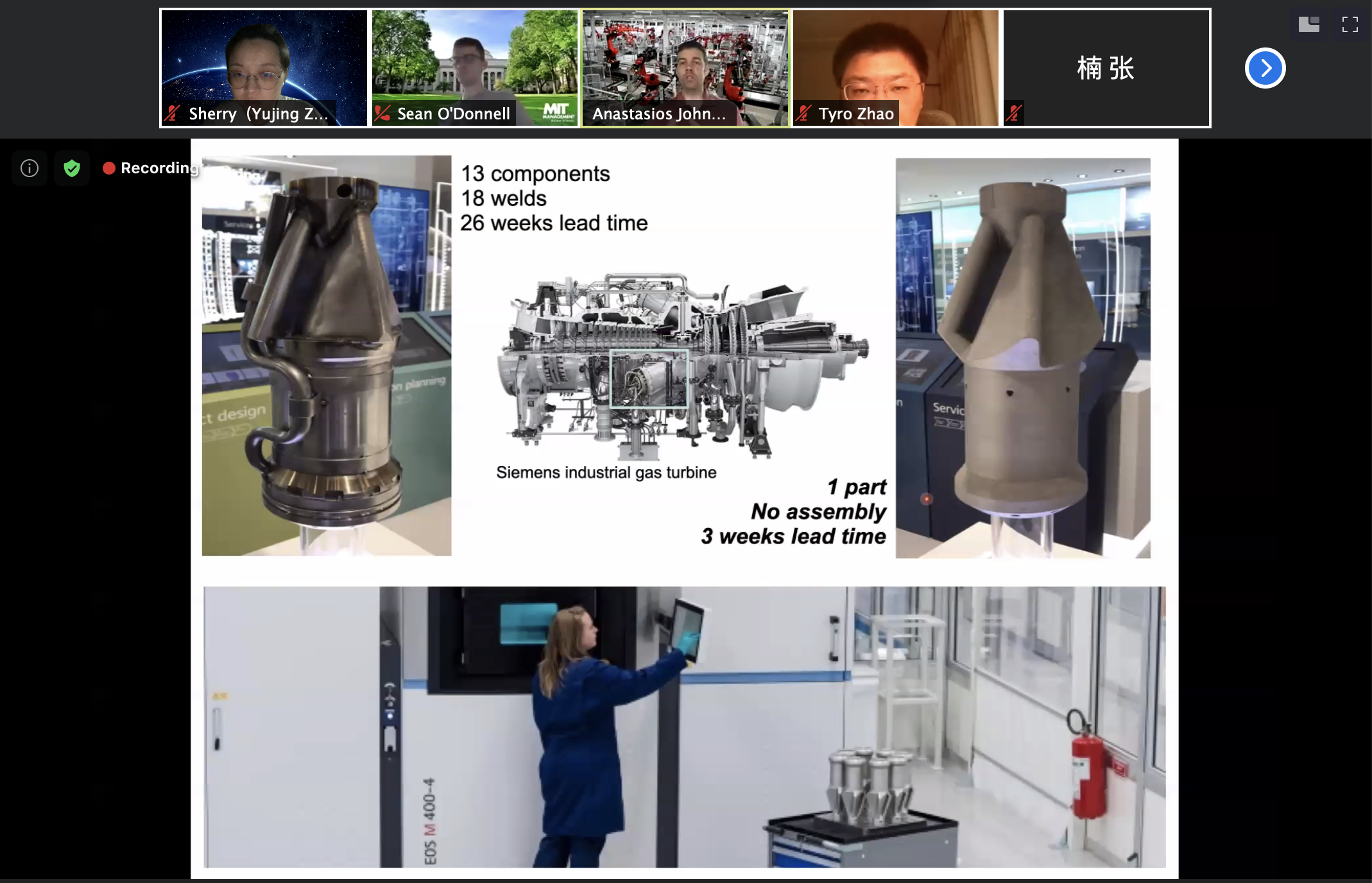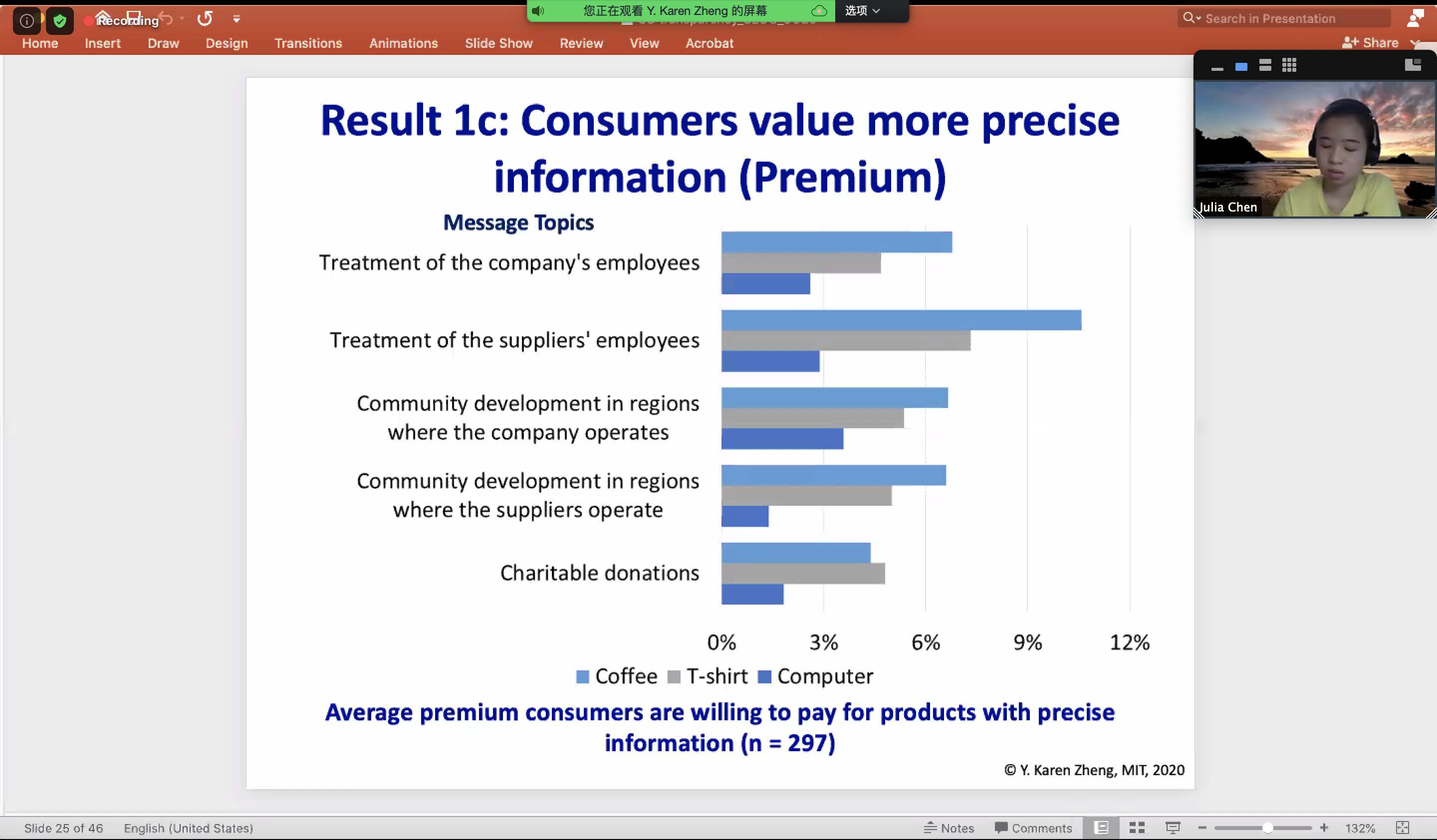Antai CLGO 2019 students attend virtual classes with MIT professors
Time:2020-09-18 Publisher:MBA Office
2020 is destined to be an extraordinary year. Many things that have never been imagined are becoming a reality, while many things that have been taken for granted are becoming a dream. However, later is better than never. With the joint efforts of the CLGO team of Antai College of Economics and Management, SJTU and the LGO program of MIT, MIT professors and CLGO and LGO students finally met each other online to exchange ideas and cultures and ignite a myriad of sparks.
In just one week starting from August 3, MIT professors gave exciting classes to students from the following three aspects, i.e. cross-cultural leadership, additive manufacturing, and supply chain sustainability, which is relevant to every participant.
In the cross-cultural leadership class given by Professor Leigh Hafrey, CLGO and LGO students had in-depth discussions starting from “Folding Beijing” and Chinese traditional culture “the doctrine of Confucius and Mencius”. During the class, Wang Bo, a CLGO student, used the world’s popular Marvel movies as a case to vividly share his unique insights into “just to do” and “do what”. At the end of the class, all participants had a heated discussion on current multinational business case from Huawei to Tik Tok. As we come from different environments and cultures, our viewpoints were quite different from each other. Still, we have strengthened our friendship while expanding our knowledge base.
In the additive manufacturing class, MIT Professor John A. Hart shared with us the most cutting-edge research results. For us from the supply chain manufacturing, 3D printing is no longer a new thing. In order to deepen our understanding of how 3D printing is applied and its features when applied in different industries, Professor Hart listed a variety of industries that are using 3D printing. In addition to the traditional manufacturing, this technology has begun to be used in the production process of potato chips. 3D printing is silently penetrating into and affecting our lives. The professor also briefed us on the impact of 3D printing on the future supply chain manufacturing. Through ongoing empirical analysis, it is not difficult to find that several different types of major KPIs (such as lead time, cost and 3D printing) that tend to have an impact on the supply chain manufacturing will bring positive effects to a certain extent. We believe that 3D printing will play its unique role in the near future, whether in the auto industry or other sectors, for example, printing human organs, as CLGO student Zhao Erjian mentioned.
The course was finished with Professor Karen Zheng’s class on supply chain sustainability, which grabbed everyone’s attention. With the improvement of living standards, people’s pursuit of food is no longer limited to affordability, but safety. As a result, the attitude of manufacturers is having a subtle change. First, sustainability has become one of the criteria in supplier selection and management. Second, in the Nestlé case used by Professor Zheng, QR code and other means are used to help customers track the entire production process, the address and the supplier when purchasing the product. Thus, the supply chain can be truly transparent through such more direct methods. Lastly, the two methods are combined to bring the development of supply chain on a new track. However, the professor also noted that the application of such approach in the United States and beyond is still in its infancy and requires more experiments, and she hoped to witness the widespread use of this technology in the near future.
Time is fleeting, but knowledge and friendship are permanent. In just one week, CLGO and LGO students have digested the knowledge learned through discussions before, during and after class, and established a good relationship as well. It’s believed that this relationship will continue. We are looking forward to meeting the LGO fellow students face to face.





